Dr. Heda Skin and Ayurveda Multispeciality Clinic stands as a distinguished center in Vidarbha, offering genuine Ayurvedic treatments for skin diseases, hair disorders, beauty issues, and sexual health concerns. This clinic uniquely combines modern technology with traditional Ayurvedic medicines to provide comprehensive care.
Skin disorders, often intricate and severe, require prolonged treatment. Thus, we employ pure Ayurvedic remedies alongside advanced machinery to ensure swift recovery without side effects.
Skin Disease
The skin is often considered a mirror of our overall health, reflecting not only our physical well-being but also our beauty. When our health deteriorates, its impact can be visibly seen on our skin. As the largest organ of the body, the skin serves as a protective barrier for the organs beneath it, shielding them from external elements such as air, water, and bacteria.
Healthy skin is crucial in today’s competitive world because it can influence how others perceive us, thus affecting our personal and professional lives. Maintaining good skin health is essential, not just for aesthetic reasons but also for its vital role in protecting and regulating our body’s functions. Proper skincare and attention to overall health are key to ensuring that our skin remains a true reflection of our well-being and personality.
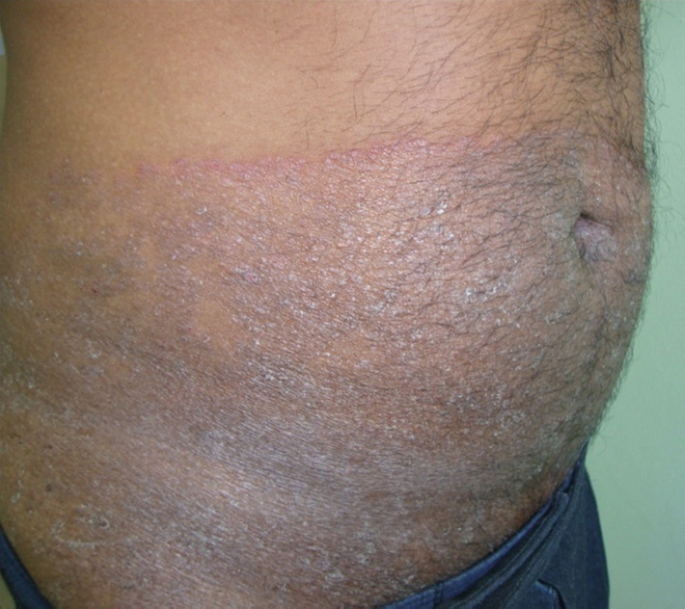
Fungal Infection

Psoriasis
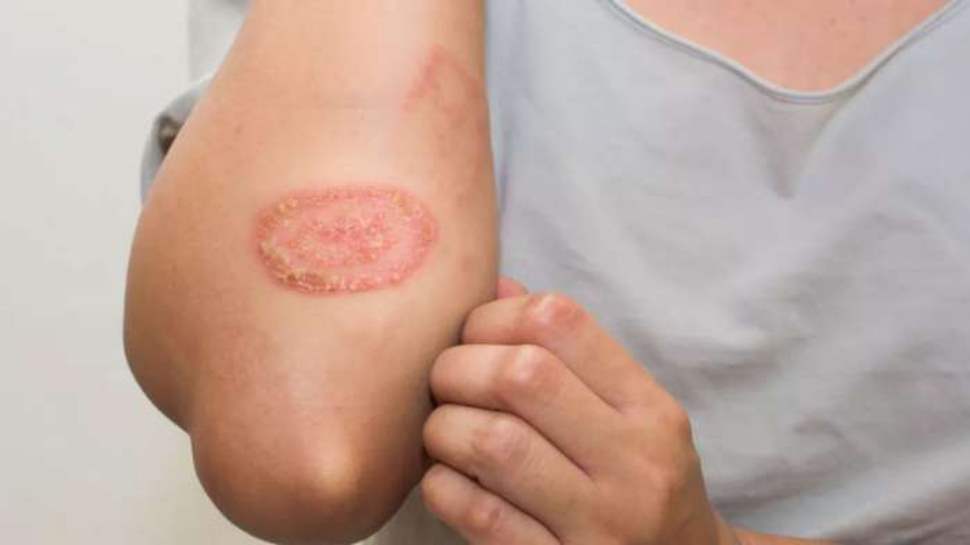
Eczema
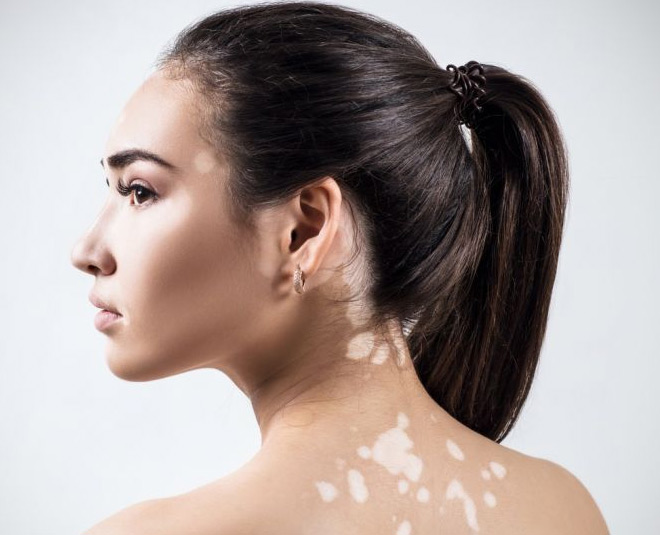
White Spots / Vitiligo (कोड)

Skin allergy / Hives
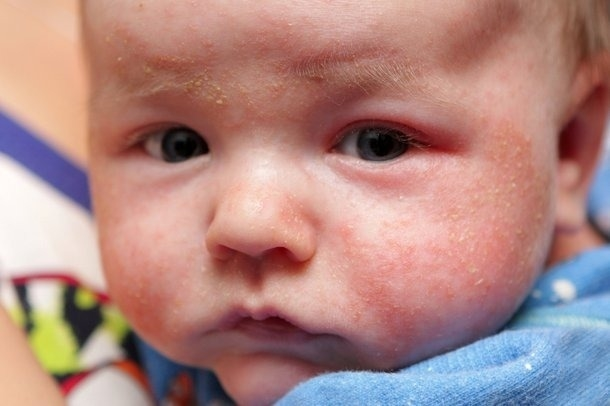
Skin Disorders Of Young Children
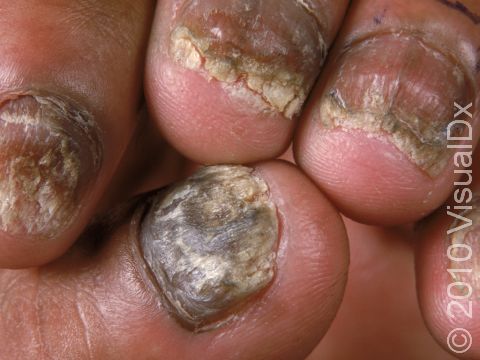
Nail Disorders
Fungal infection:
Fungal infections have become a significant issue today, with two out of every ten people suffering from them. These infections often persist despite repeated treatments, and many antifungal medications are becoming increasingly ineffective. Skin immunity, or the immune strength of the skin, plays a crucial role in combating fungal infections. Our Ayurvedic treatment not only helps reduce fungal infections but also enhances skin immunity. As a result, these infections are less likely to recur.
Types of fungal infection:
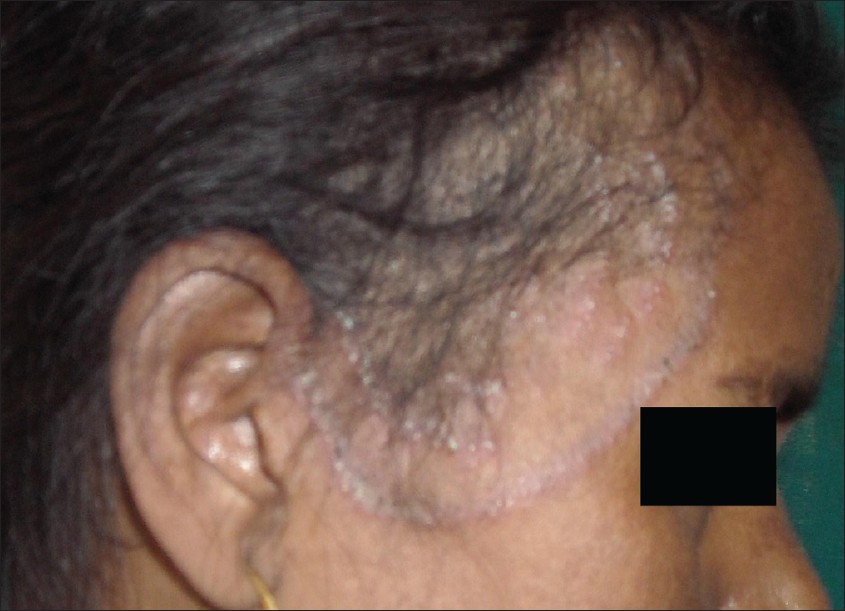
Tinea Capitis
Tinea capitis, or scalp ringworm, is a fungal infection of the scalp causing itchiness, scaling, and hair loss. It spreads easily and requires antifungal treatment.
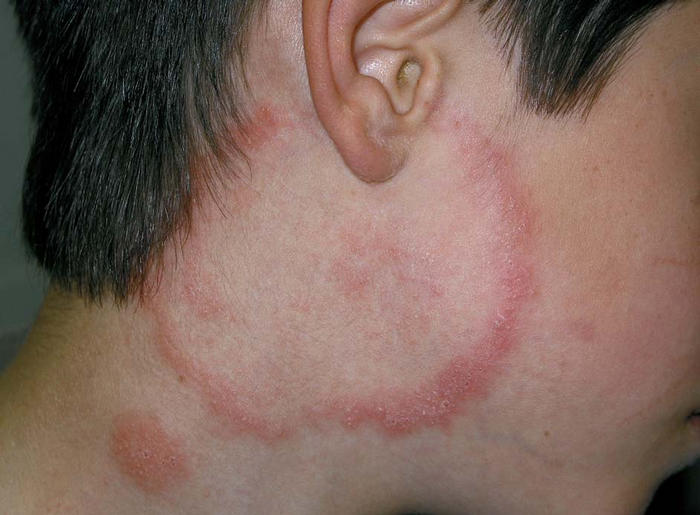
Tinea Facial
Tinea faciei, also known as facial ringworm, is a fungal infection that commonly affects the superficial skin of the face.
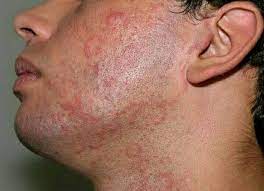
Tinea Barbae
Tinea barbae is a rare fungal infection that affects the skin, hair, and hair follicles in the beard and mustache area.
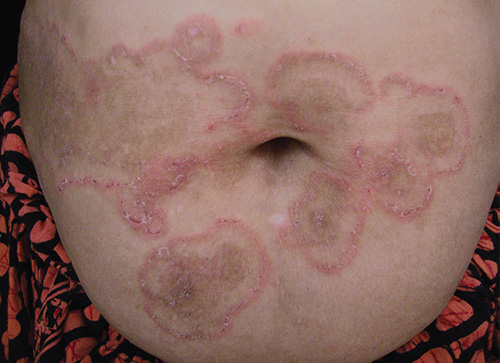
Tinea Carporis
Tinea corporis, also known as Ringworm, starts as a single circular red patch with a raised, scaly edge. It's common, highly contagious, but not typically serious.
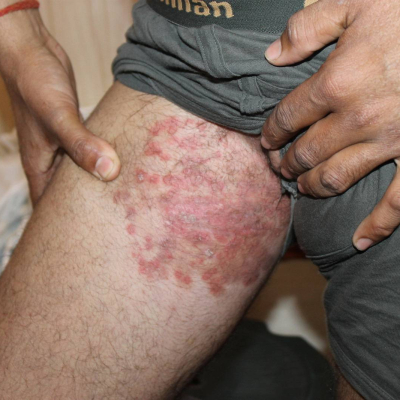
Tinea Cruris
Tinea cruris, commonly known as jock itch, is a fungal infection that affects the genital, pubic, perineal, and perianal skin.

Tinea Pedis
Tinea pedis is a foot infection caused by a dermatophyte fungus. It's the most common type of dermatophyte infection and is widespread in hot, tropical, and urban areas.
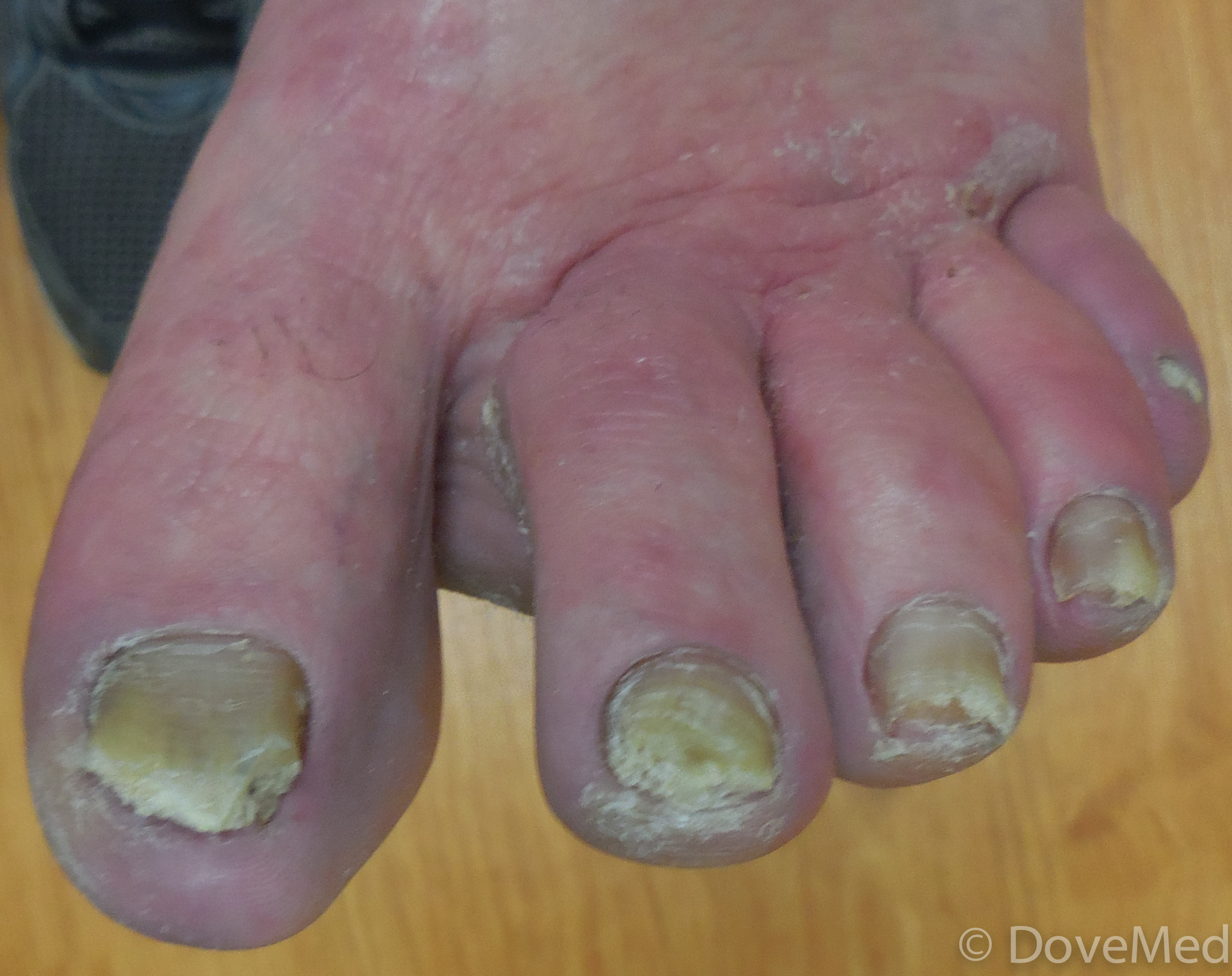
Tinea Unguinum
Toenail fungus is a common fungal infection that affects the toenails. Occasionally, it can also infect fingernails, although less commonly.
Psoriasis
Psoriasis is an autoimmune disease characterized by red spots, thick layers of white skin, dryness, cracks, and itching. Lifestyle changes are a significant factor in its development. Our treatment focuses on lifestyle adjustments, dietary habits, enhancing skin immunity, and stress management. Psoriasis presents in various types.
Types of Psoriasis include:
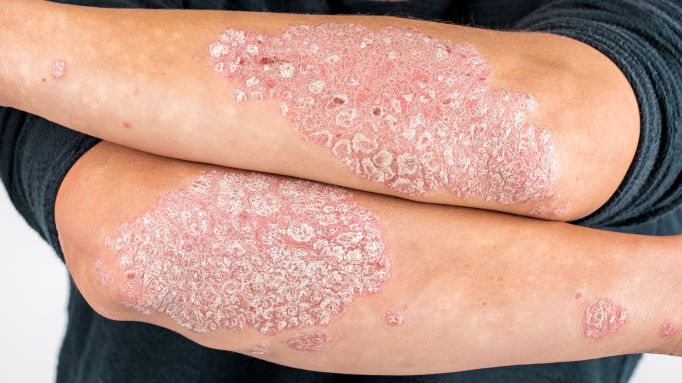
Plaque Psoriasis
Plaque psoriasis is the most common form of psoriasis, characterized by dry, itchy, raised patches of skin (plaques) covered with scales.
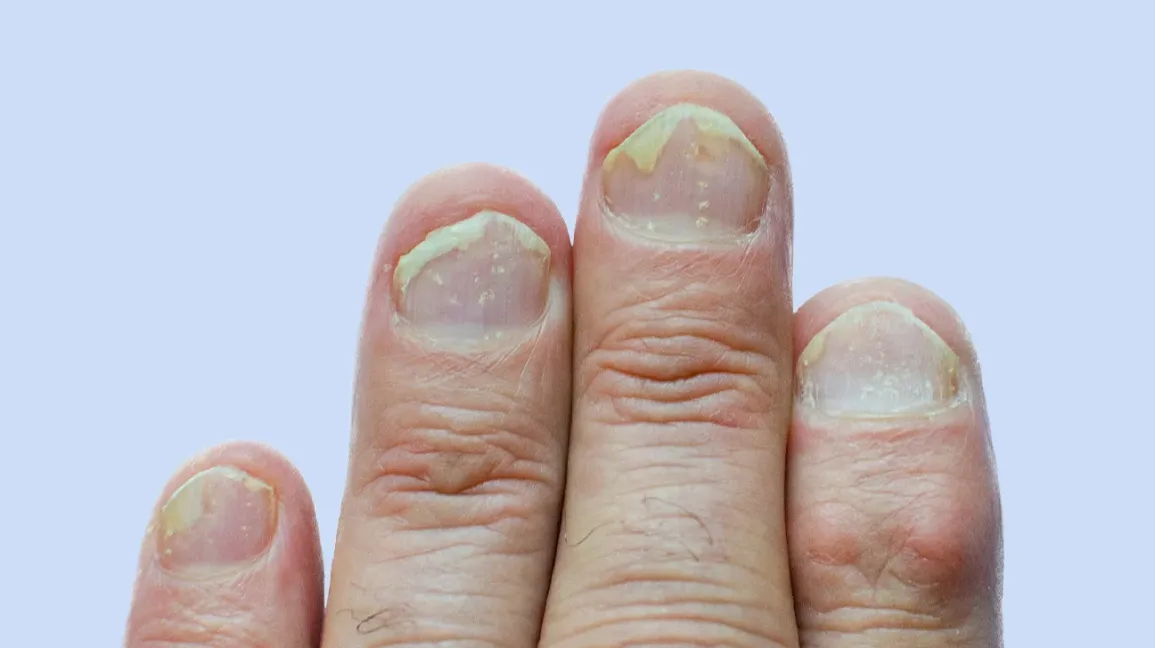
Nail Psoriasis
Nail psoriasis is a frequent condition that can make nails appear unhealthy and pitted.
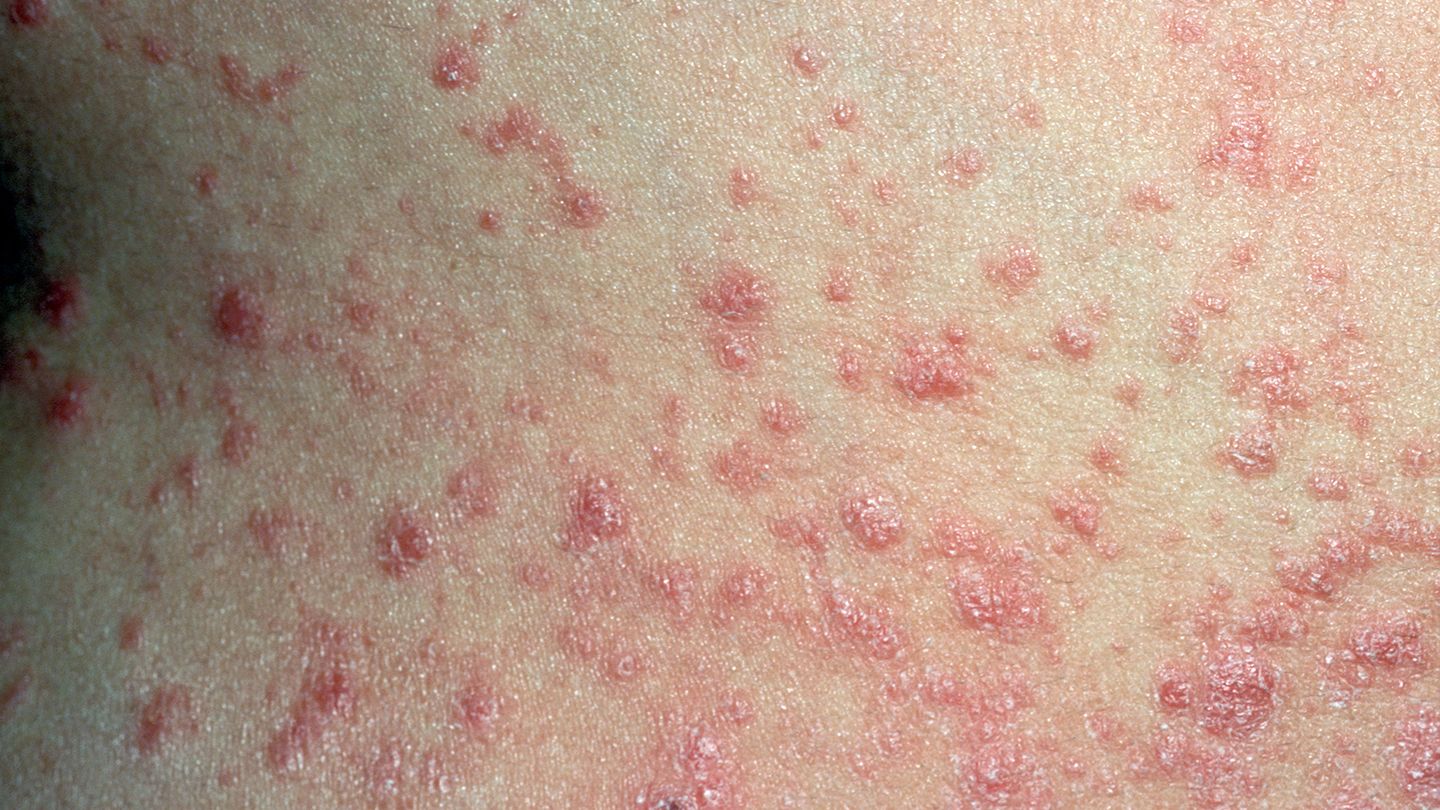
Guttate Psoriasis
Guttate psoriasis is a skin condition that often appears suddenly and typically follows an infection such as strep throat.
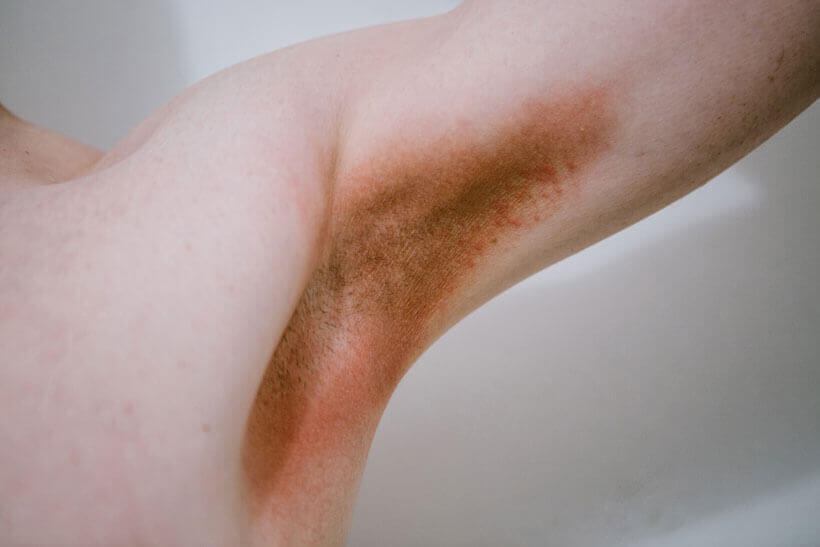
Inverse Psoriasis
Inverse psoriasis appears in areas like the armpits, groin (including genitals), under the breasts, and other skin folds on the body.
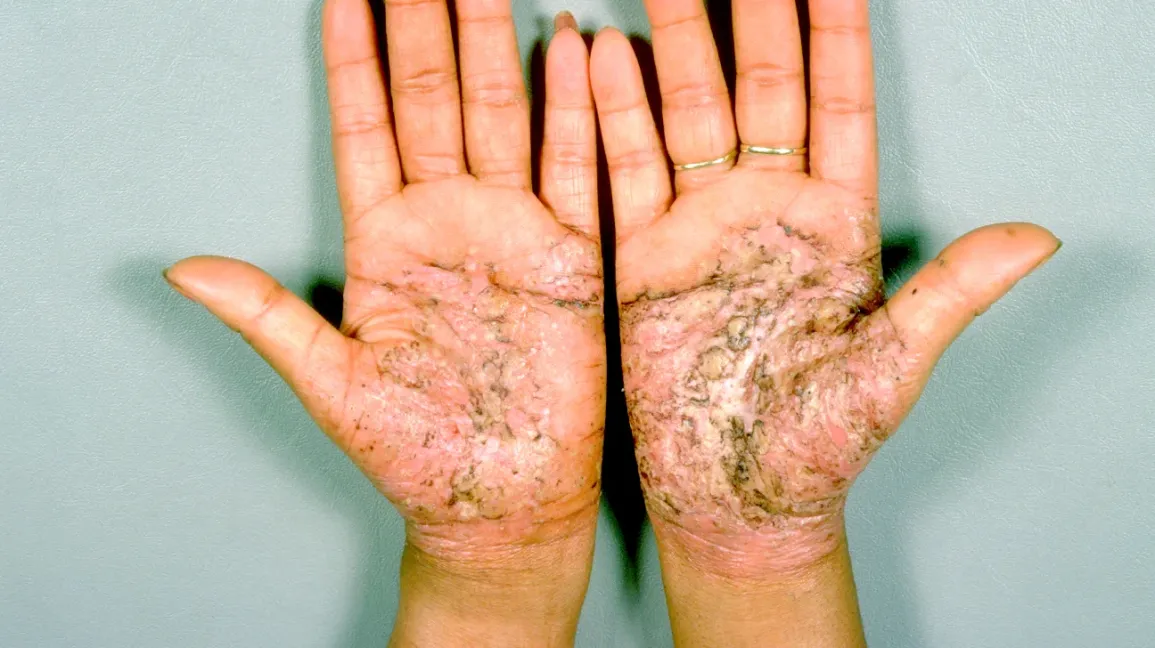
Pustular Psoriasis
Pustular psoriasis is a skin condition characterized by white bumps filled with pus, often found near or within red patches of skin known as pustules.
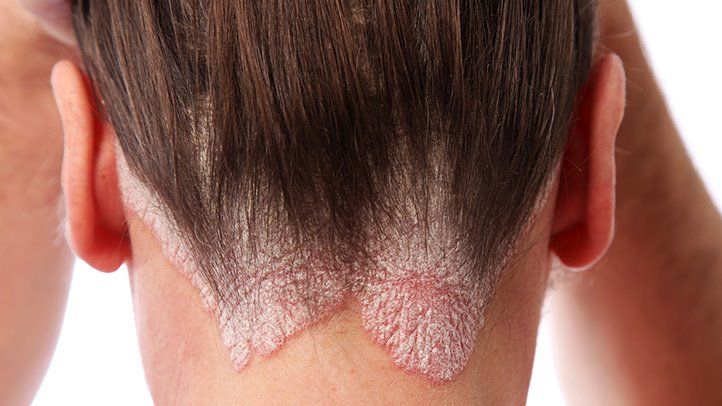
Scalp Psoriasis
Psoriasis is a chronic inflammatory condition mediated by the immune system. It commonly affects the skin, causing raised, itchy, and scaly plaques, especially on the scalp.
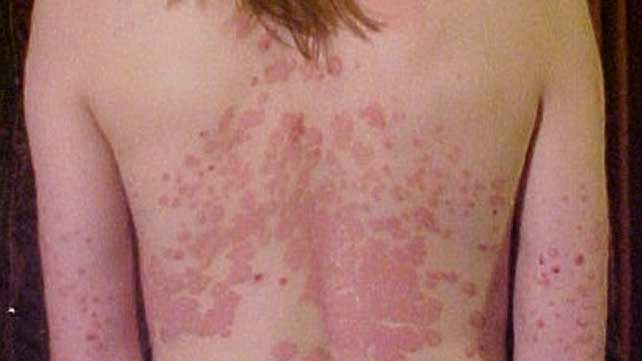
Erythrodermic Psoriasis
Erythrodermic psoriasis is an inflammatory form of psoriasis characterized by a spreading red, peeling rash covering the body.

Palmoplantoe Psoriasis
Psoriasis affecting the hands and feet, also known as palmoplantar psoriasis, results in patches of scaly, flaky, and discolored skin on these areas.
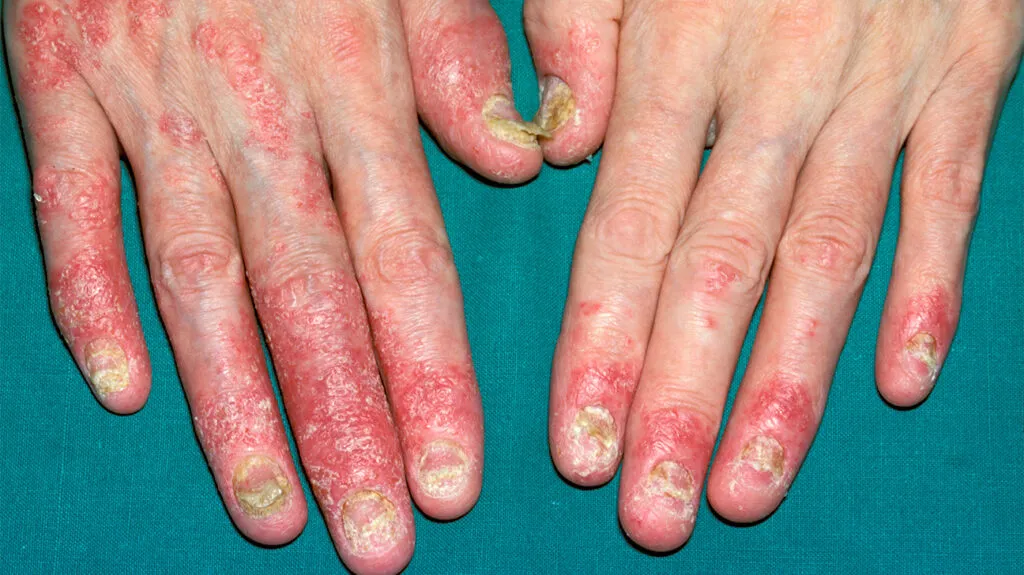
Psoriatic Arthritis
Psoriatic arthritis is associated with psoriasis, a condition affecting the skin and nails, leading to joint pain, stiffness, and a skin rash.
Eczema
Eczema is a skin condition characterized by swelling, itching, cracks, and rough patches in various areas of the skin. Some types of eczema may also cause blisters. Eczema is not contagious.
Types of eczema include:
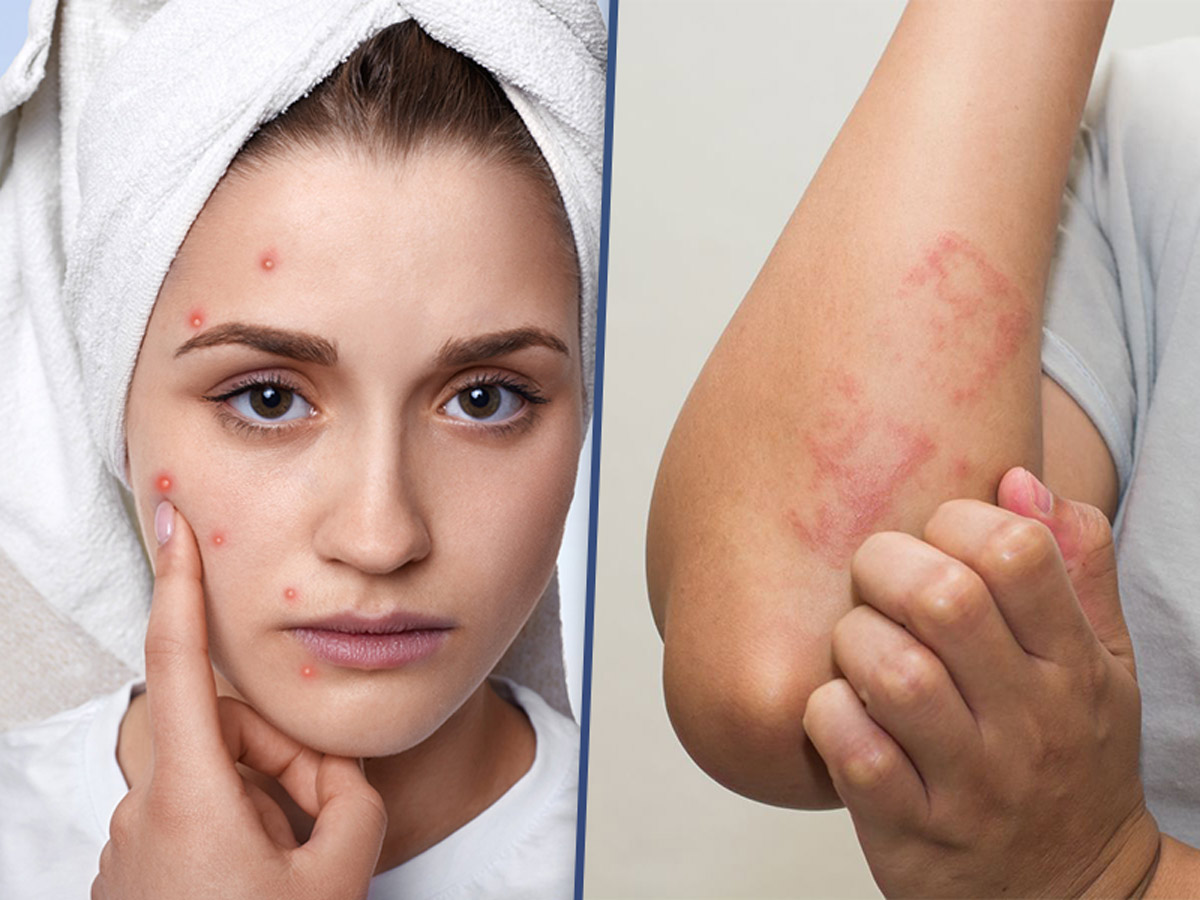
Atopic Dermatitis
Atopic dermatitis, or eczema, is a condition characterized by dry, itchy, and inflamed skin. It often begins in childhood but can affect people of any age.

Contact Dermatitis
Contact dermatitis is a skin rash that occurs when you come into contact with an allergen or an irritant that affects your skin.
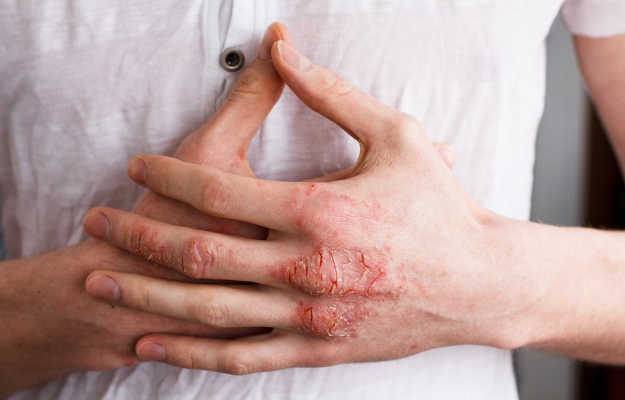
Hand Eczema
Symptoms of hand eczema, also known as hand dermatitis, include redness, blistering, cracking, flaking, and itching of the palms or fingers.
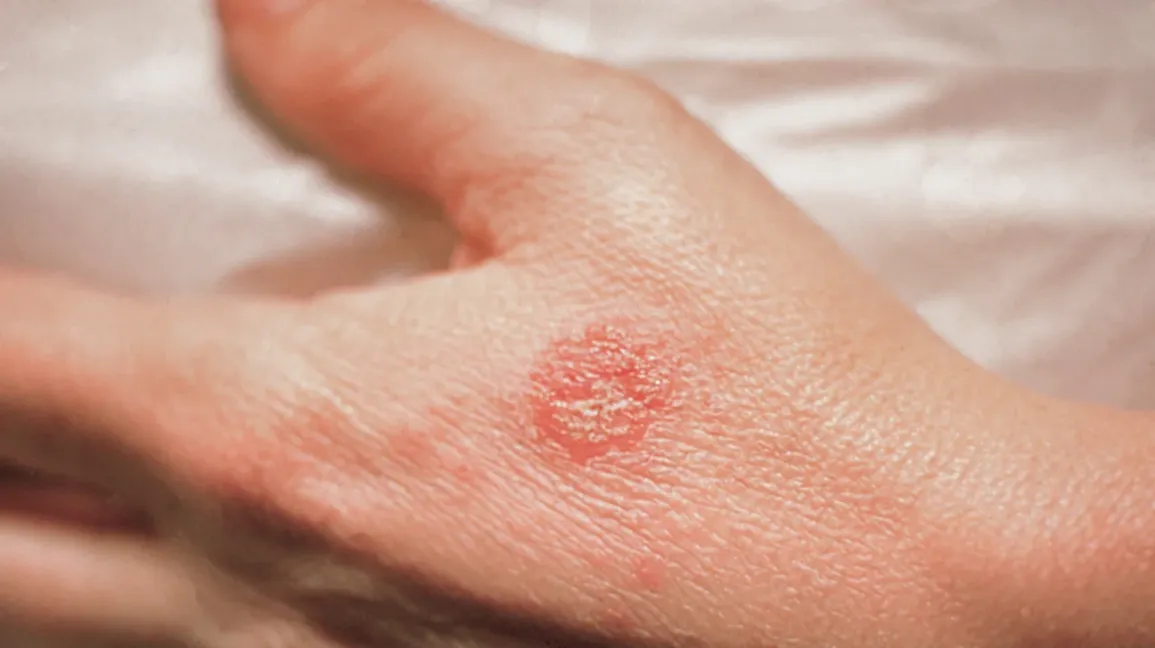
Nummular eczema
Nummular eczema, also called discoid eczema or nummular dermatitis, presents as coin-shaped spots on the skin that are often painful and challenging to treat.
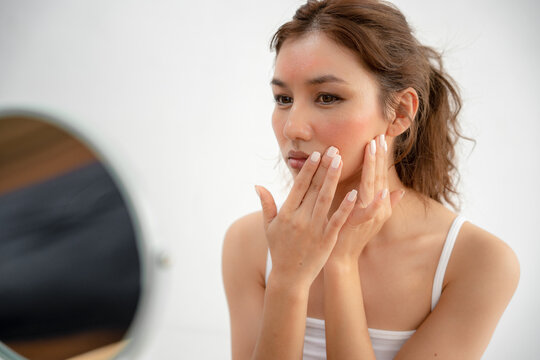
Stasis Dermatitis
Stasis dermatitis occurs due to poor circulation and blood flow in the legs, where it commonly appears.
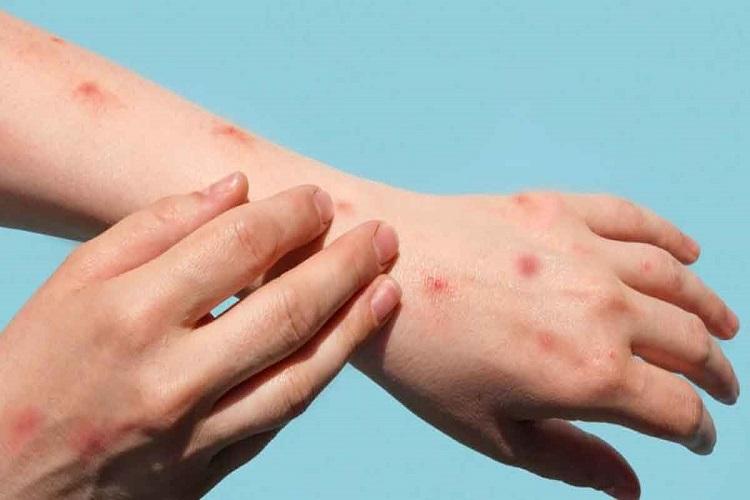
Neurodermatitis
Neurodermatitis, also known as lichen simplex chronicus, is a condition causing itchy skin that tends to worsen during periods of relaxation.
White spots / Vitiligo
Vitiligo is a chronic condition characterized by the development of pale white patches on the skin, caused by a loss of melanin, the skin pigment. This causes white spots to appear on the skin. The incidence of this condition has increased, even among children. Ayurveda offers a reliable and affordable treatment option for vitiligo.
Types of Vitiligo:

Segmental
Segmental vitiligo, also known as unilateral or localized vitiligo, causes white patches to appear in only one specific area of your body.
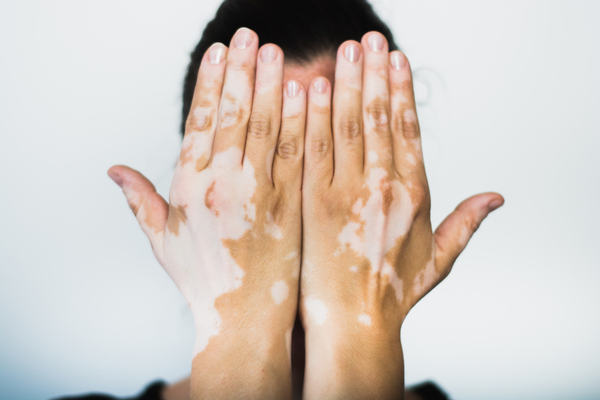
Generalized
Generalized vitiligo, also known as nonsegmental vitiligo, is the most common form characterized by depigmentation patches all over the body.
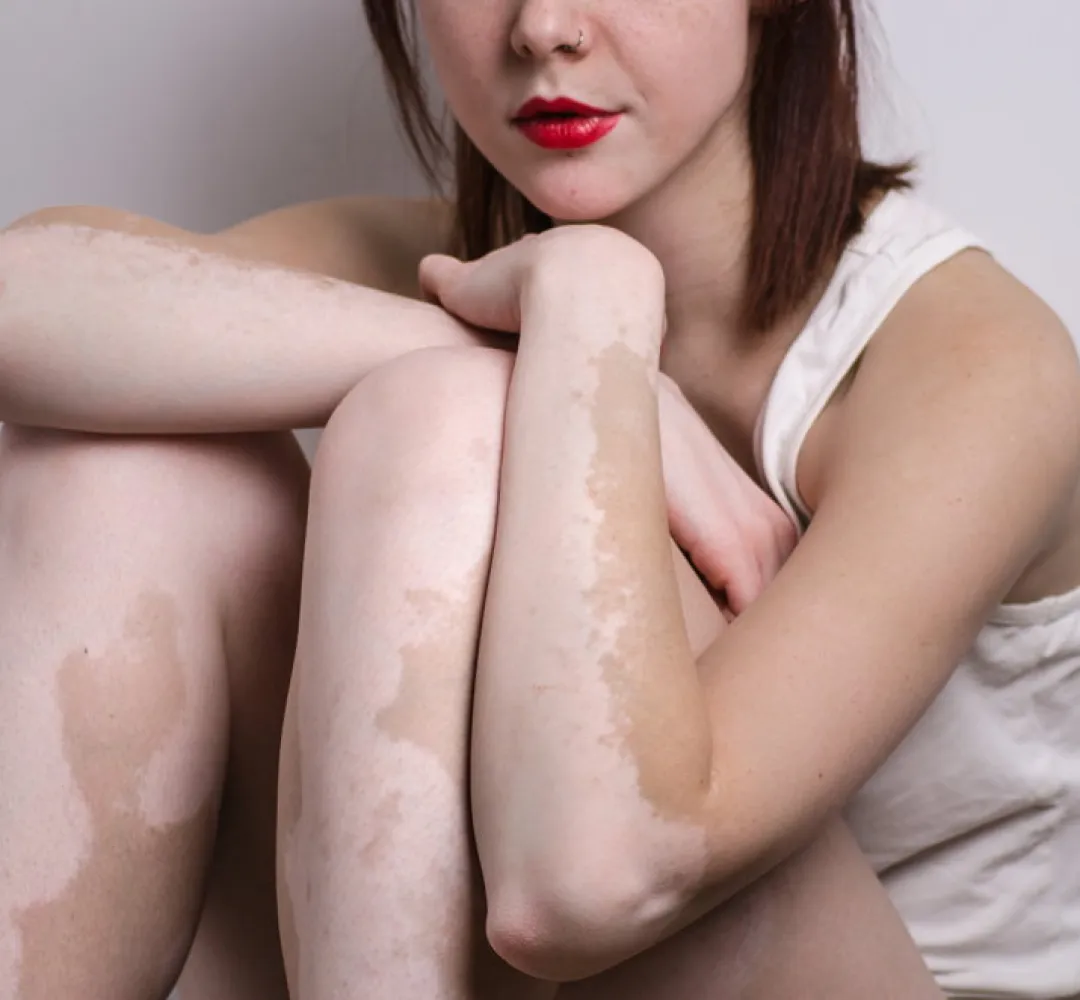
Focal
Focal vitiligo is a rare type where white patches develop in a small area and do not spread in a specific pattern within one to two years.
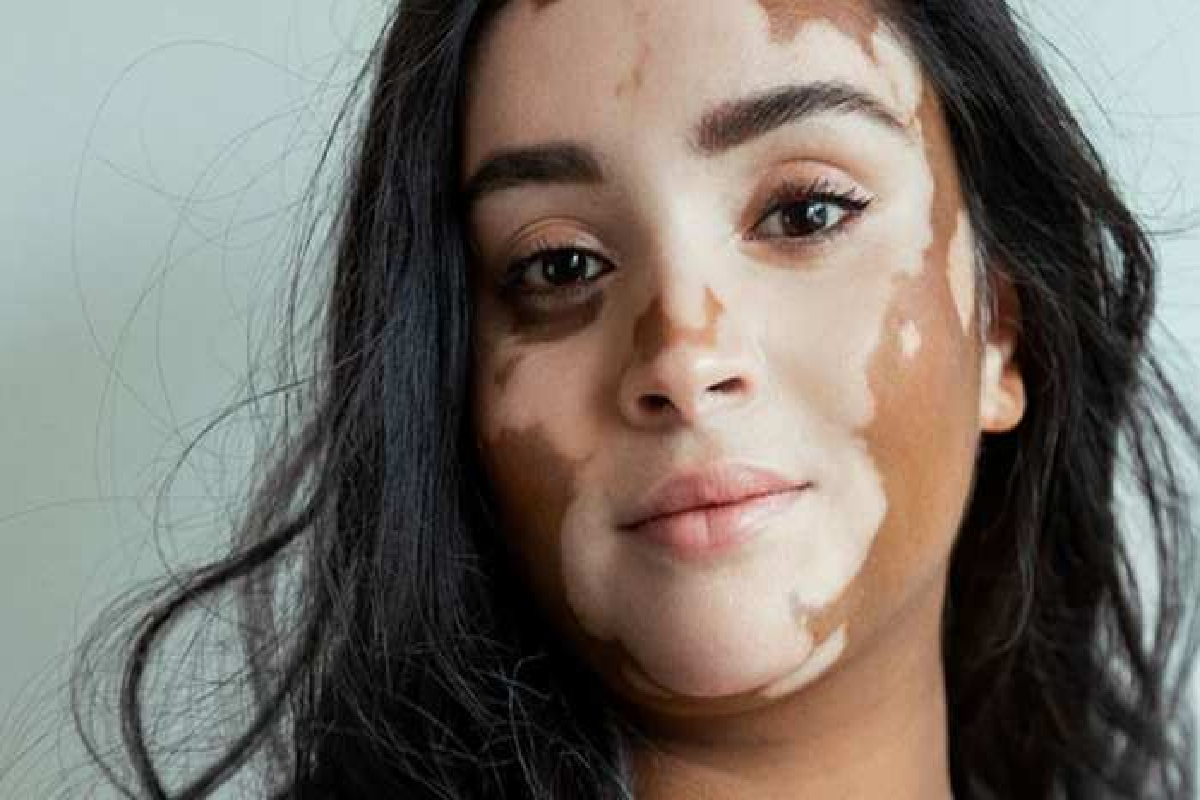
Universal
In this type, known as universal vitiligo, the discoloration affects nearly all skin surfaces across many parts of the body.
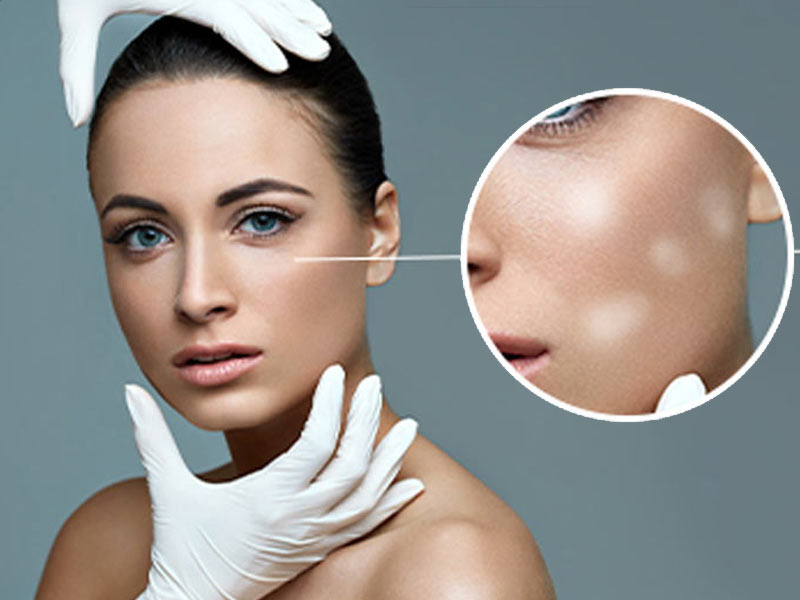
Mucosal
Mucosal vitiligo affects the mucous membranes of the mouth and/or genitals.
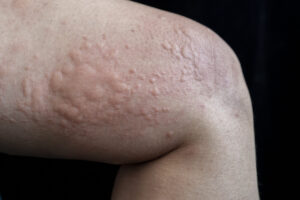
Skin allergy / Hives / Urticaria
In clinical practice, this condition is referred to as allergic dermatitis. It causes red patches on the skin that itch intensely. While symptoms resolve quickly in some patients (within 3-5 hours), others require allergy medications for many years. Ayurveda offers significant relief for such long-term sufferers.
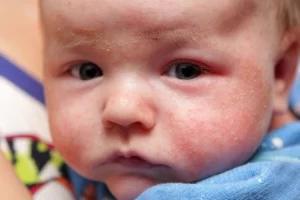
Skin Disorders of Young Children
Various skin conditions such as diaper rash, tinea alba (white patches on the face), atopic dermatitis, chickenpox, warts, and contact dermatitis are common in children, where Ayurveda offers a safe treatment option prioritizing minimal side effects.
We produce our own cosmetics like soap, baby cream, baby massage oil, and baby shampoo, ensuring they are free from harmful chemicals.
